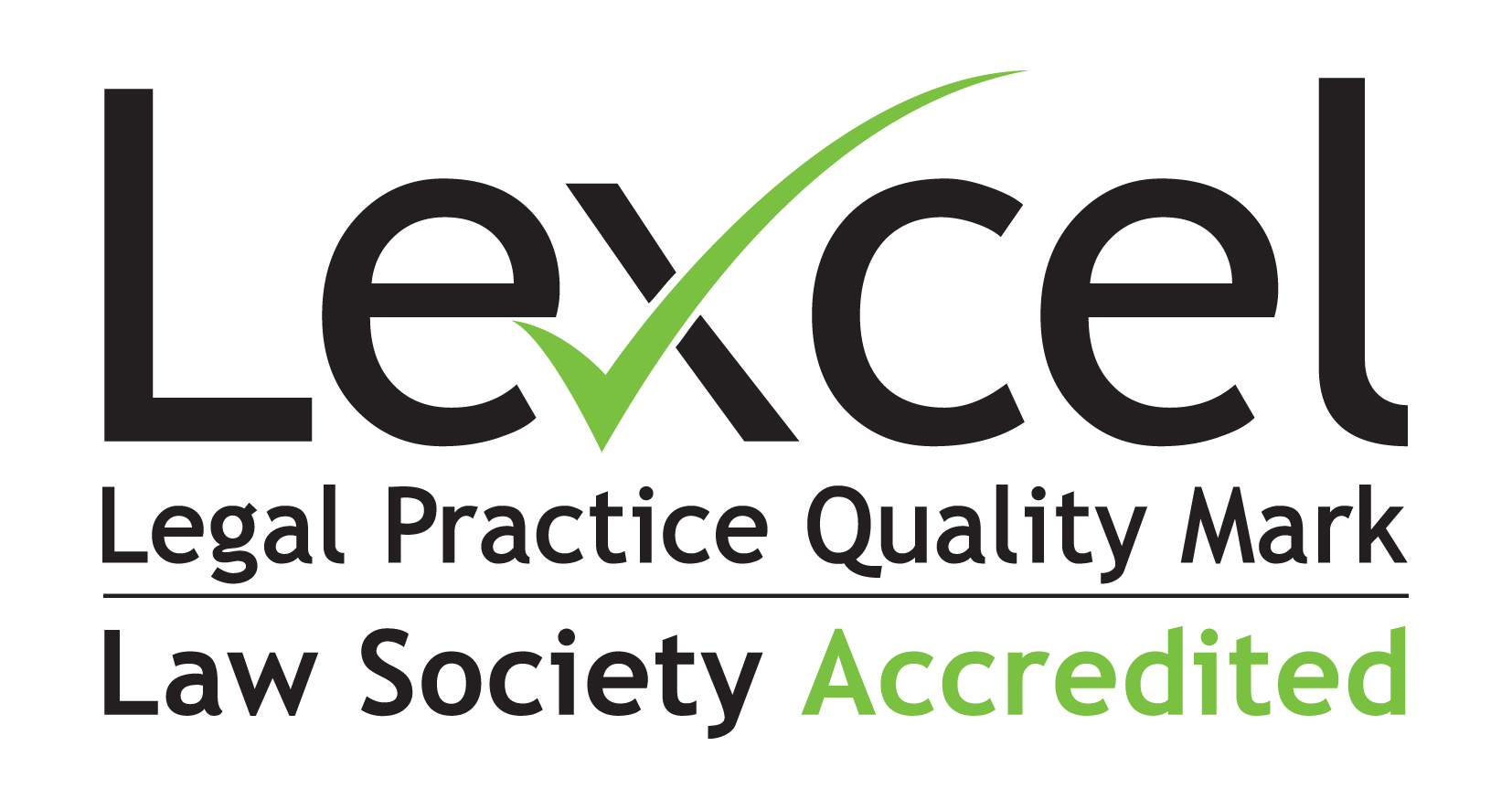THE COLLABORATIVE APPROACH
Separation is possibly one of the hardest life events most people will ever experience. Following separation, there are many matters to sort out. This can often be stressful and the thought of having to go through costly and difficult court proceedings only adds to the pressure.
Court is not the only option.
The Collaborative approach is an alternative way of resolving disputes arising following separation and is particularly successful where there are outstanding financial matters which need to be settled, or where there are children involved and difficulties have arisen with regard to the arrangements for the children.
The Collaborative approach is not Mediation.
You will initially meet with your legal representative and will discuss your situation and the issues which have arisen, and what it is that you are hoping to achieve. You and your ex partner, together with your legal representatives, will meet at a mutual place (such as your solicitor’s offices). You will confirm your commitment to deal with matters in a cooperative way and discussions, with the aim of achieving a mutually satisfactory settlement, will take place. Generally at least two meetings are needed. You can meet as many times as is necessary to achieve a settlement, and you and your ex partner will be involved in setting the agendas.
When a settlement has been reached, this will be recorded in writing and an application for a court order to make your agreement legally enforceable is usually made.
The Collaborative approach has the following advantages:
• It enables you to clearly express your views and proposals.
• It enables you to meet your ex partner to discuss important issues with your own legal representative present to support and advise you in an unthreatening environment.
• You have more control over the process than if an order were to be imposed upon you by a Judge in contested court proceedings.
• You are not subject to the court timetable and you and your ex partner have control over the timescale for reaching settlement.
The Collaborative approach has a high level of success in resolving disputes, provided the separated couple both have a genuine desire to make it work. Both you and your ex partner need to be represented by a lawyer who is Collaboratively trained.
Hartley & Worstenholme is proud to have Barbara Stevens, a Collaboratively trained lawyer, who would be more than happy to discuss the prospect of you resolving your dispute in a way which is growing more popular than ever.
To email Barbara, click
here.







